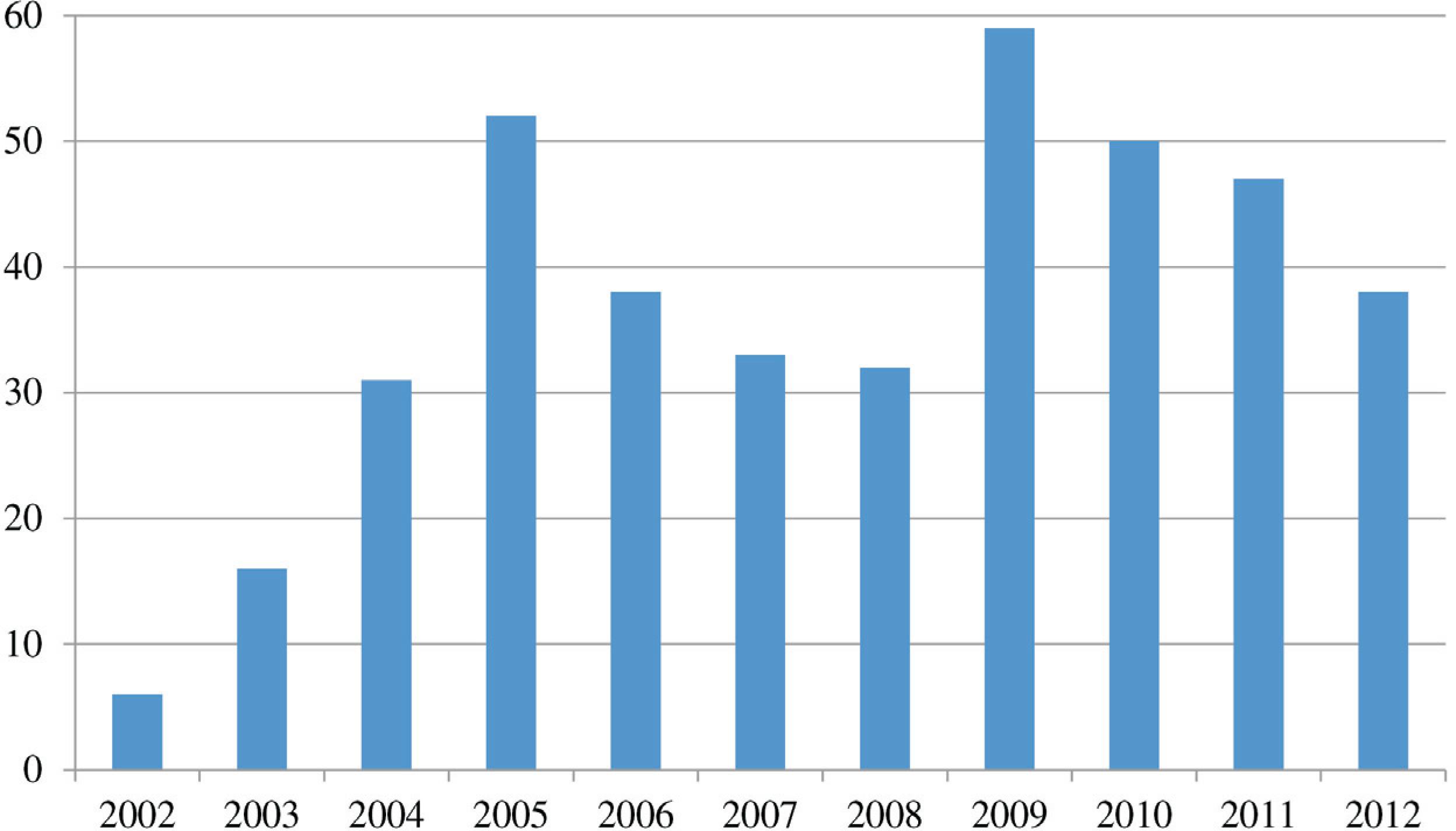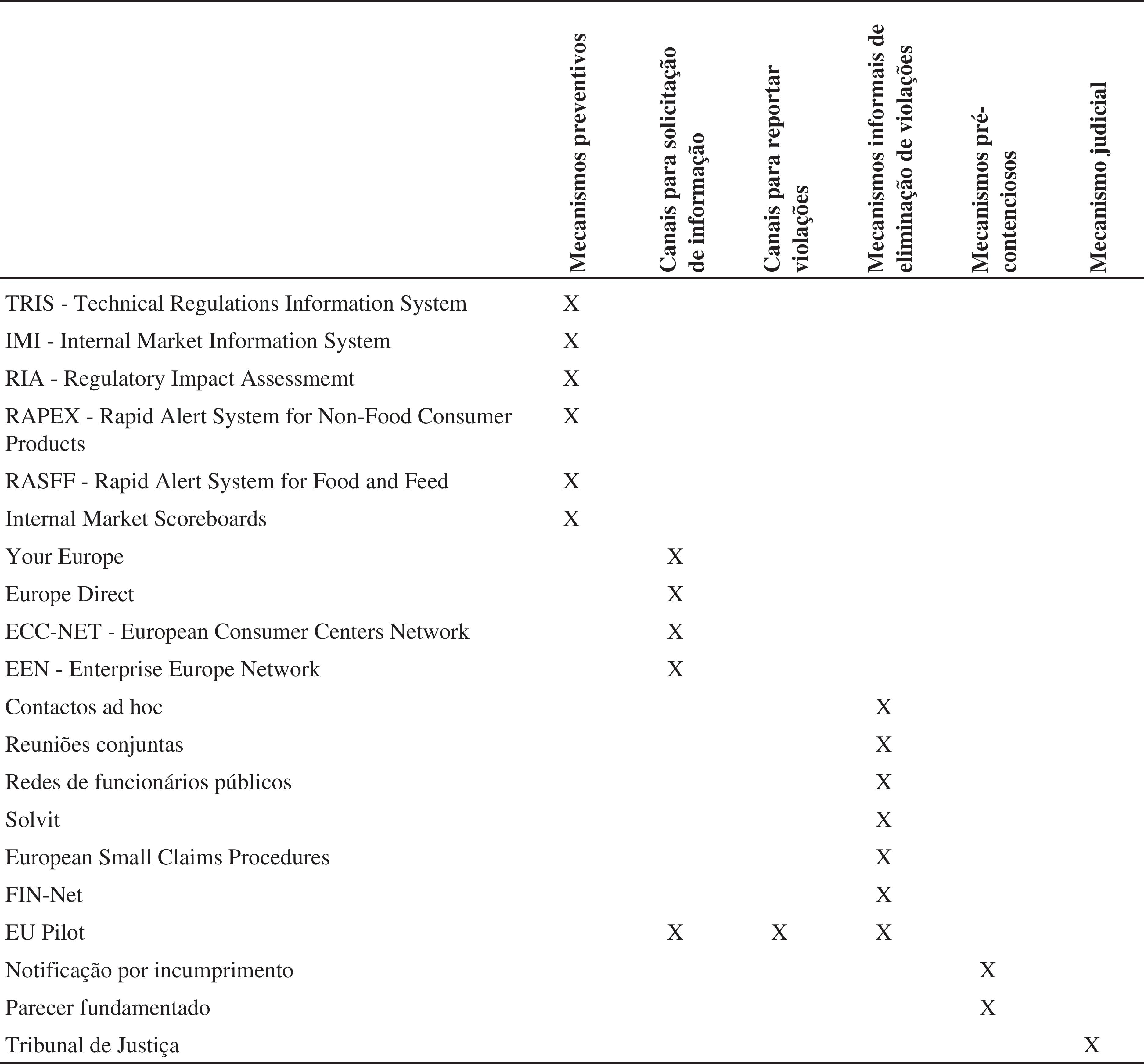Abstract
The EU Commission has reinforced the governance of the EU internal market and has tried to contain the protectionist measures of its member States, emphasizing the importance of their effective surveillance, in order to ensure the adequate functioning of the single market. This research analyzes the effectiveness of the EU informal governance strategies intended to eliminate the obstacles to the free movement of goods.in the internal market The analysis uses two original databases provided by the EU Commission – one with the internal market for goods infringement proceedings, and the other containing the complaints by EU companies to the informal governance mechanism Solvit on obstacles they encounter in the internal market; we also resort to the European Commission annual reports on monitoring the application of community law. The analysis shows the increasing use, and effectiveness of the Solvit system measured by the resolution rate and by the time necessary to find a solution to the complaints. Within the system's scope, the actors learn and socialize with the informal methods for solving pragmatic problems found in the internal market; socialization and learning allow for the stabilization of informal interaction patterns and to voluntary cooperation, which is advantageous to the effectiveness of the system and to avoid financial, time and reputational costs associated with judicial proceedings. However, Solvit's effectiveness ensues also from its connection with the judicial mechanisms of the internal market multilevel governance. Informal governance occurs in the “shadow of hierarchy” of the EU Court of Justice that is, under the threat of the Commission eventually resort to judicial mechanisms, which facilitates the informal resolution of the obstacles and distortions that remain in the internal market. This study focuses on one dimension of European integration not yet sufficiently researched – the prevalence of noncompliance with the norms and practices of the internal market for goods. While the political science compliance literature mostly emphasizes the role of the EU judicial mechanisms, this research adopts a governance perspective. Thus, we combine the literature on EU compliance with that on EU governance. This discussion of the effectiveness of informal market governance instruments in the EU may be relevant to other regional integration projects aimed at deepening the level of integration of their markets.
KEYWORDS:
Governance; European Union; single market; Solvit; informal methods

 Fonte: A autora, a partir dos Annual Reports on Monitoring the Application of EU Law. Comissão Europeia (2002-2012).Nota: O total de processos em 2011 e 2012 não está disponível nos Relatórios.
Fonte: A autora, a partir dos Annual Reports on Monitoring the Application of EU Law. Comissão Europeia (2002-2012).Nota: O total de processos em 2011 e 2012 não está disponível nos Relatórios.
 Fonte: A autora, a partir dos dados disponibilizados pelo serviço Solvit da Comissão Europeia (
Fonte: A autora, a partir dos dados disponibilizados pelo serviço Solvit da Comissão Europeia (